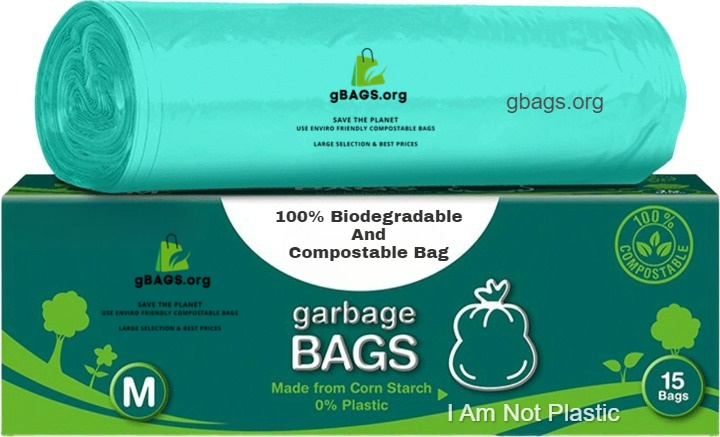Introduction:
The battle against single-use plastic is a formidable global challenge that requires coordinated efforts from governments and policymakers worldwide. The devastating impact of plastic pollution on the environment calls for innovative and collective solutions. In this article, we delve into how governments and policymakers can collaborate on a global scale to tackle the single-use plastic problem, with a spotlight on the transformative role of GBags as a sustainable partner in this fight.
1. International Agreements and Conventions:
To address the issue of single-use plastic on a global scale, governments can come together and negotiate international agreements and conventions. These agreements can set targets for reducing single-use plastic usage, banning specific plastic items, and implementing policies to promote reusable alternatives, such as GBags. By fostering global cooperation, nations can reinforce their commitment to combat plastic pollution collectively.
2. Standardization of Sustainable Practices:
Policymakers can play a crucial role in establishing standards and regulations for sustainable practices related to single-use plastic. By encouraging the use of eco-friendly alternatives, such as GBags, in retail and public settings, governments can drive the shift towards a more sustainable consumer culture. Standardization helps ensure consistency in reducing plastic waste, thus amplifying the impact of individual efforts.
3. Support for Innovation and Research:
Governments can allocate resources and funding to support research and innovation in the development of sustainable materials and alternatives to single-use plastic. This can lead to the creation of innovative products, including eco-friendly bags like GBags, which are designed to be durable and reusable. Supporting such initiatives can accelerate the adoption of sustainable solutions on a global scale.

4. Public Awareness and Education Campaigns:
Raising public awareness about the detrimental effects of single-use plastic and promoting the use of alternatives, like GBags, is essential in tackling the plastic problem. Governments can collaborate on educational campaigns that highlight the importance of reducing plastic waste and showcase the benefits of reusable options. Such campaigns can encourage behavioral change and empower individuals to make eco-conscious choices.
5. Incentives and Disincentives:
Governments can implement incentive-based policies to encourage the adoption of reusable options like GBags. Offering tax breaks or discounts to businesses that promote the use of eco-friendly bags can incentivize their use. Conversely, introducing taxes or fees on single-use plastic bags can discourage their usage, further promoting the transition to reusable alternatives.
The Role of GBags in Global Collaboration:
Amidst this collective effort, GBags emerges as a catalyst for change. GBags, as a company committed to sustainability, provides a viable solution to the single-use plastic conundrum. By encouraging the use of GBags, governments and policymakers can bolster their efforts to combat plastic pollution on a global scale.

1. Durable and Versatile Solution:
GBags offer an eco-friendly alternative to single-use plastic bags. Made from durable and sustainable materials, GBags are designed to withstand repeated use, reducing the need for disposable bags and mitigating plastic waste.
2. Reducing Plastic Footprint:
By incorporating GBags into daily life, individuals contribute to reducing their plastic footprint. Governments and policymakers can promote the use of GBags as a simple and effective way for citizens to play an active role in reducing plastic pollution.
3. Supporting Local Economies:
Encouraging the use of GBags can also support local economies. By promoting sustainable and reusable products, governments can create opportunities for local businesses, like GBags, that align with environmental goals.
4. Fostering Eco-Conscious Consumer Culture:
Governments’ collaboration with GBags amplifies efforts to foster an eco-conscious consumer culture. By endorsing GBags as a sustainable option, policymakers can inspire a wider movement towards adopting environmentally responsible choices.
Conclusion:
Tackling the global issue of single-use plastic requires united action from governments and policymakers. By fostering international agreements, establishing sustainable practices, supporting innovation, conducting public awareness campaigns, and implementing incentives, policymakers can drive a transformative shift towards a plastic-free future. In this journey, GBags emerges as a sustainable partner, offering durable and versatile alternatives to single-use plastic bags. By collaborating with GBags, governments can amplify their efforts, empowering citizens to be proactive stewards of the environment. Together, let us unite nations and march towards a greener, more sustainable world with GBags as our trusted ally.
